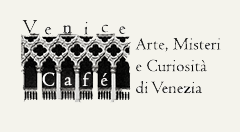Decameron
In 1620 the English translation of Boccaccio’s Decameron was published anonymously in London by John Florio. The handsome folio was printed in two volumes, adorned with woodcut illustrations of French origin. The printer was Isaac Jaggard, and the dedicatee Sir Philip Herbert, Earl of Montgomery, to whom is also addressed an ‘epistle dedicatory’, supposedly by […]



